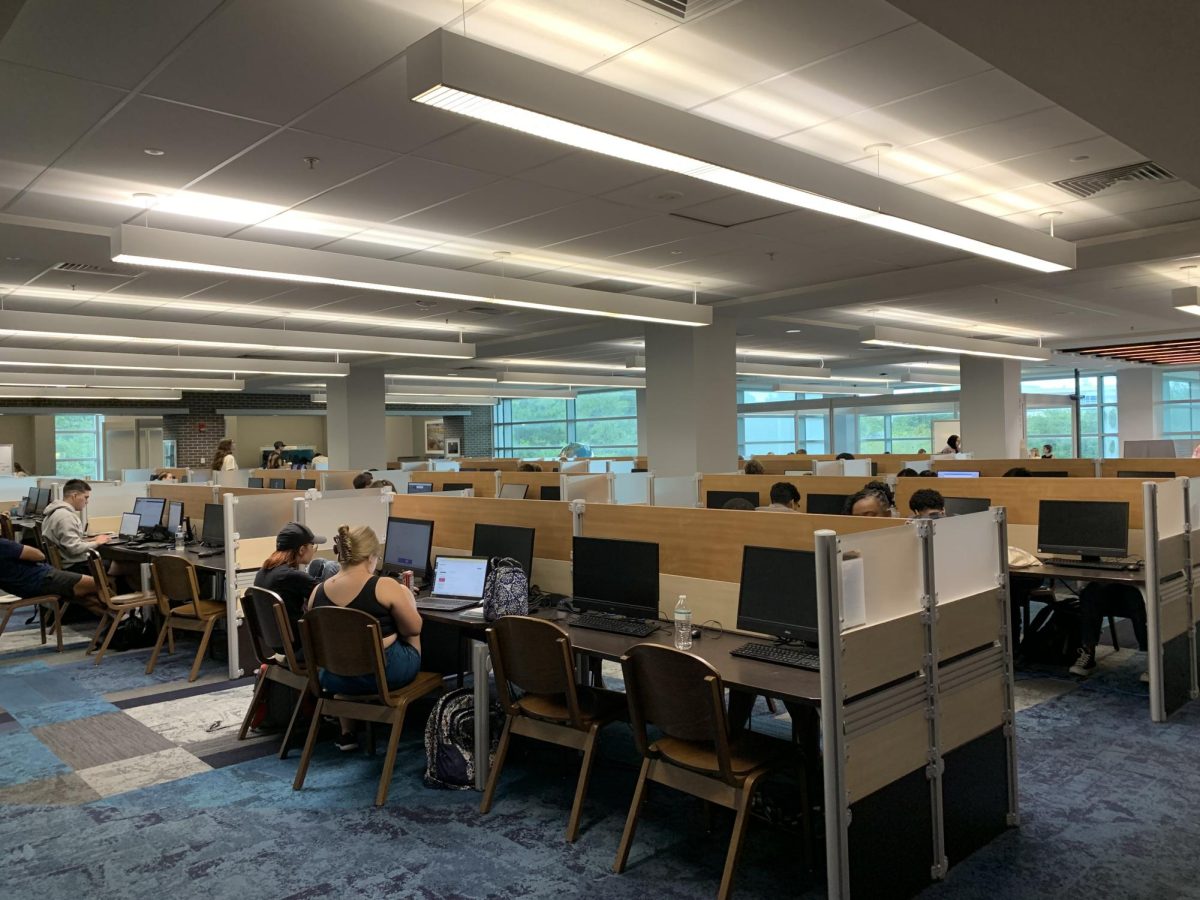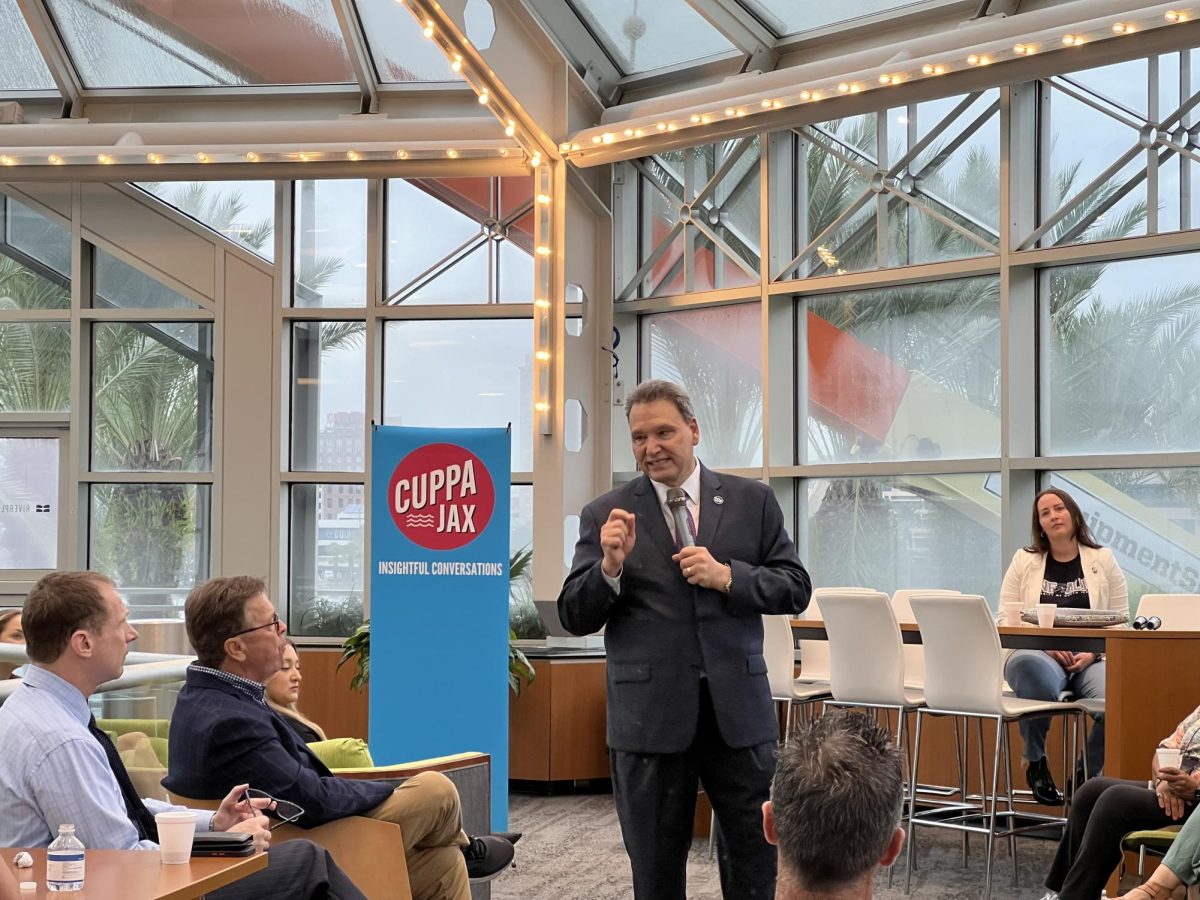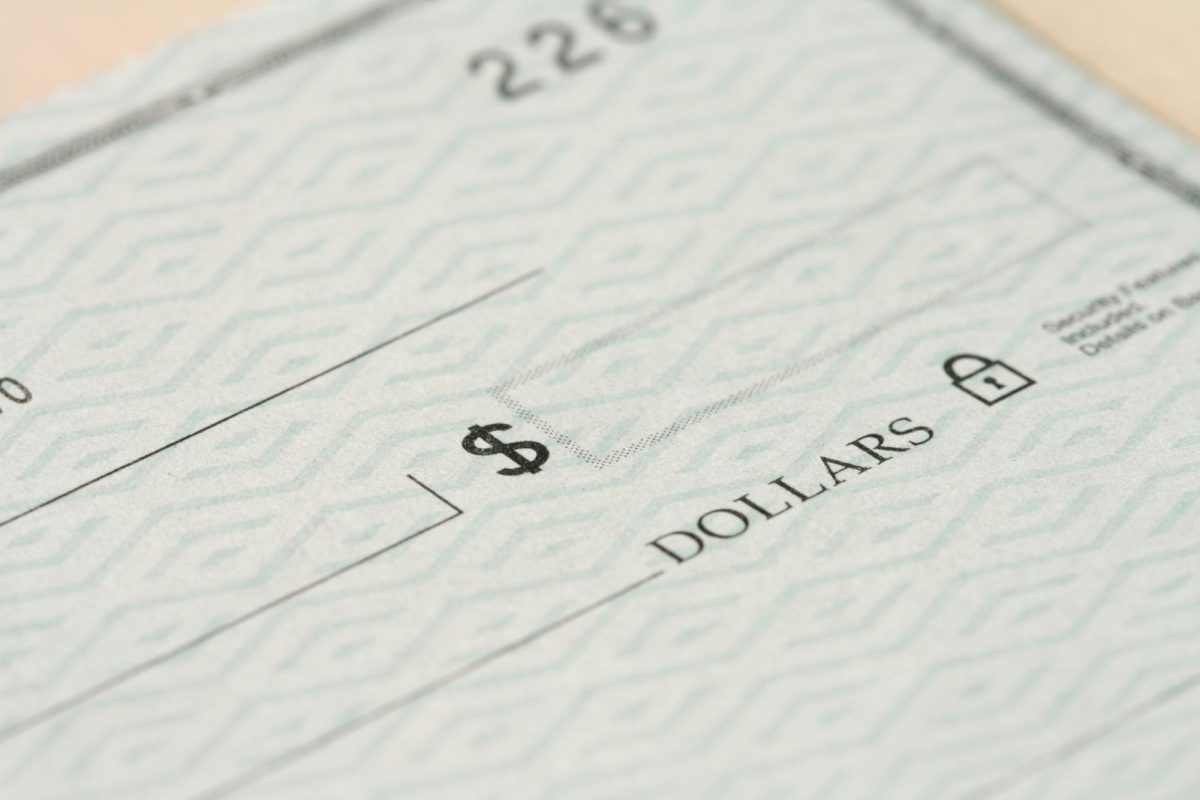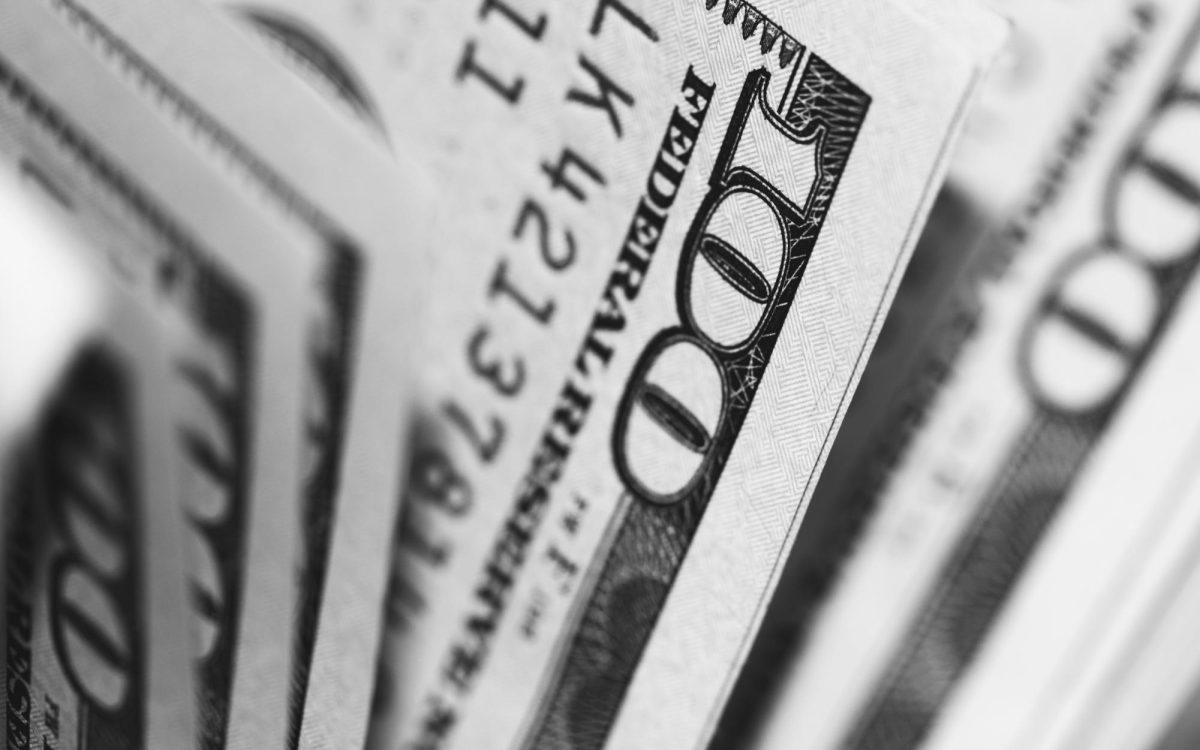The minimum wage is now $13 an hour for all workers in Florida and $9.98 for tipped employees. Many companies took the initiative to adjust their employees’ payroll early to prepare for the transition.
Since its effective date in 2021, Florida has increased its minimum hourly wage by a dollar annually on Sept. 30, which will continue until the state reaches a $15 minimum in 2026.
The state’s initiative, Raising Florida’s Minimum Wage, was passed in 2020 after being voted on by Florida residents. Beginning Sept. 30, 2027, future minimum wage increases will be adjusted annually based on inflation.
Dr. Madeline Zavodny, an economics professor at the University of North Florida, shared, “There are costs and benefits” to the minimum wage adjustment and its impact on Florida.
“It benefits workers who get paid more per hour and don’t see their hours fall,” she said.
On the other hand, Zavodny noted that higher wages can negatively impact some employers and people who struggle to get their first job. As a result, people may also pay higher prices.
“I don’t know that the voters of Florida really understood those trade-offs, but they wanted a higher minimum wage. That’s democracy,” said Zavodny.
Despite the negative consequences, Zavodny believes the wage adjustment has “a very small impact” on Florida’s economy since employers have had time to plan for it.
The minimum wage is currently $7.25 on a federal level. States must comply with the federal level but can also enforce higher minimum wages, typically reflecting the state’s average cost of living. The cost of living is lower in Jacksonville compared to other cities such as Miami, but average expenses vary throughout the state, Zavodny said.
Student employees at UNF shared their opinions on the minimum wage increase.
Skyler Carlson, a junior English education student, has worked at Jamba Juice in the Student Wellness Complex since her freshman year. Based on her latest evaluation, she started at $12 an hour but is now paid $13.30.
Carlson said the starting pay at Jamba Juice is $13 an hour and is expected to increase.
“I heard it’s going up to $14 which I’m excited for,” she said.
“I wish it could be more, but I understand why it’s not—Jamba doesn’t make enough money for that,” said Carlson.
She is willing to look past the pay because she enjoys her job and work environment enough. However, her expenses are still important to her.
“I’m trying to save for an apartment and I’m still paying off my car. Right now, the pay is manageable but I’m still struggling a bit to save up,” said Carlson.
Carlson does not think that $15 will be enough to live off of in 2026 at the rate of inflation and rising prices. “If things mellow out, it will be okay but if it doesn’t then no,” she said.
Connie Maroni, a sophomore in digital video production at UNF and an employee at the Student Union’s Qdoba, said they currently get paid $13 but hope wages will increase to $14.
“I think it should be higher now, and by the time it reaches $15 it will need to be higher,” said Maroni.
Miaya Harris, a freshman in nursing, was started at $14 as an employee at the Market at Alumni Square. She wishes the wage could be higher, especially if inflation rises.
“For a college student, $15 might be okay in 2026, but not if inflation continues to increase,” said Harris.
___
For more information or news tips, or if you see an error in this story or have any compliments or concerns, contact editor@unfspinnaker.com.
















